In The Shadow Of The 'Doomsday Asteroid': An Analysis Of The Novel
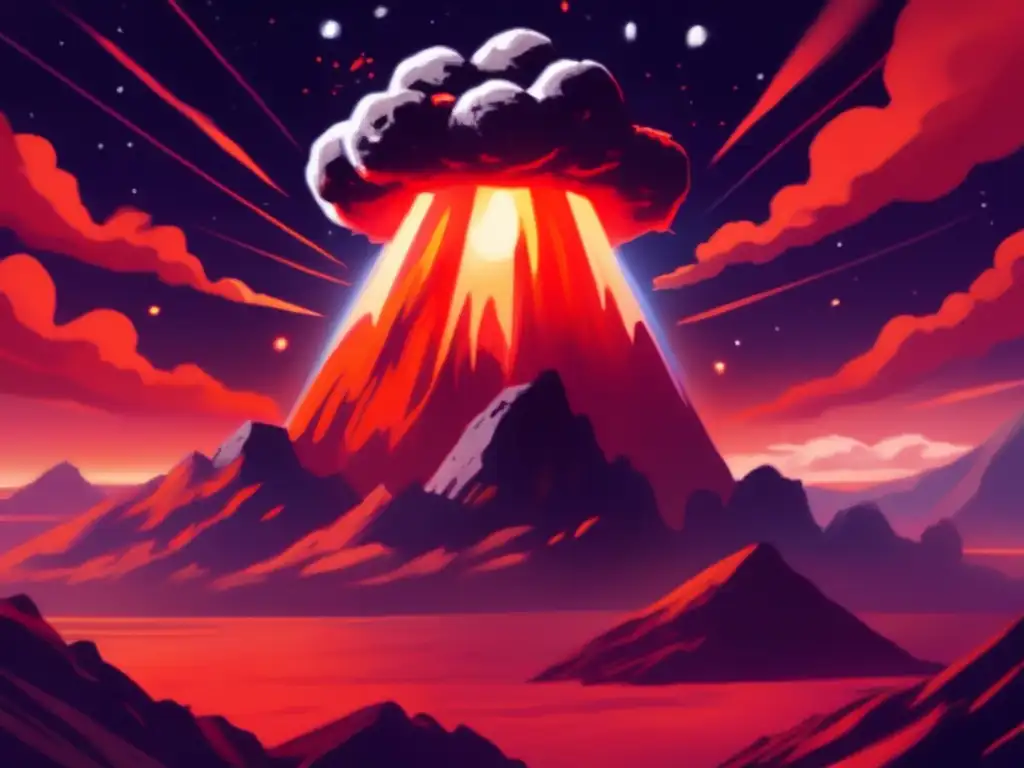
Introduction
Asteroids have always been a fascinating subject for science-fiction writers. However, one novel that stands out is the 'Doomsday Asteroid,' which explores a possible scenario of an asteroid colliding with Earth. This article will analyze the novel's depiction of asteroids and examine their accuracy in terms of scientific facts.
The Science of Asteroids
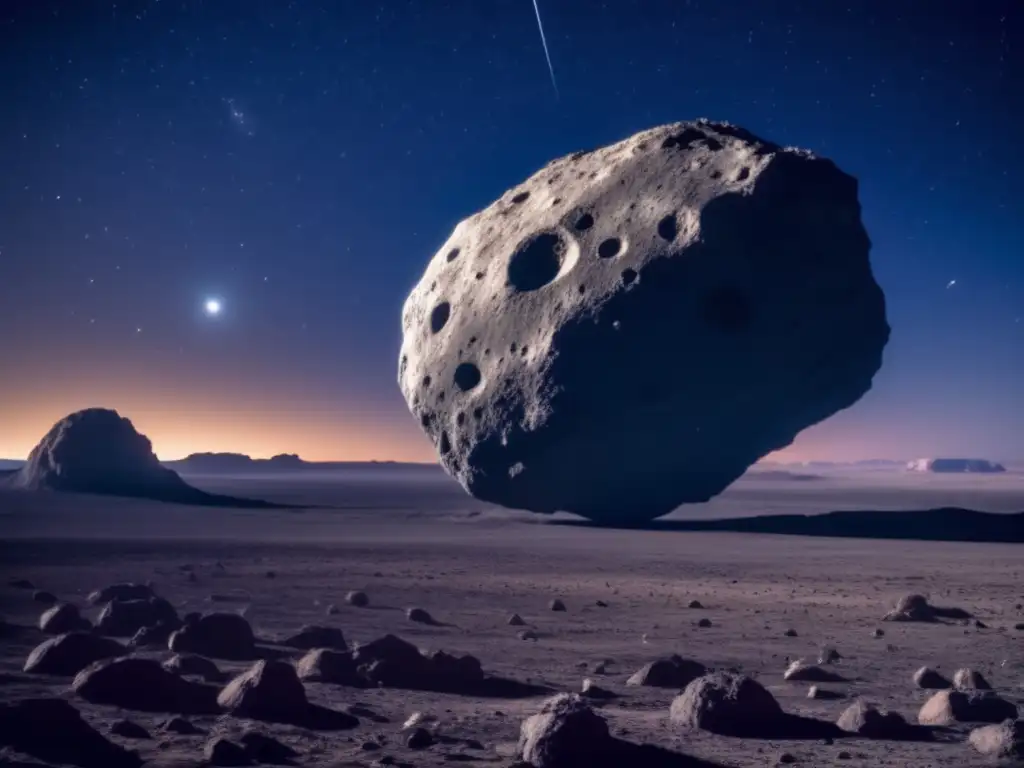
Understanding Asteroids
Asteroids are small rocky bodies that orbit the sun, mainly between Mars and Jupiter. There are hundreds of thousands of asteroids, and their sizes range from a few meters to hundreds of kilometers. Their composition includes metals, silicates, and carbon compounds.
Types of Asteroids
Asteroids can be classified into three groups, based on their compositions: C-type, S-type, and M-type. C-type asteroids are rich in carbon, S-type asteroids are silicate-rich, and M-type asteroids contain metals such as iron and nickel.
Asteroids in Space
Asteroids have been studied by various space missions, including NASA's Dawn and OSIRIS-REx missions. These missions have provided detailed information about asteroids' compositions, shapes, and sizes. In recent years, the threat of an asteroid collision with Earth has led to efforts to detect and deflect asteroids that may pose a danger to our planet.
The 'Doomsday Asteroid' Novel
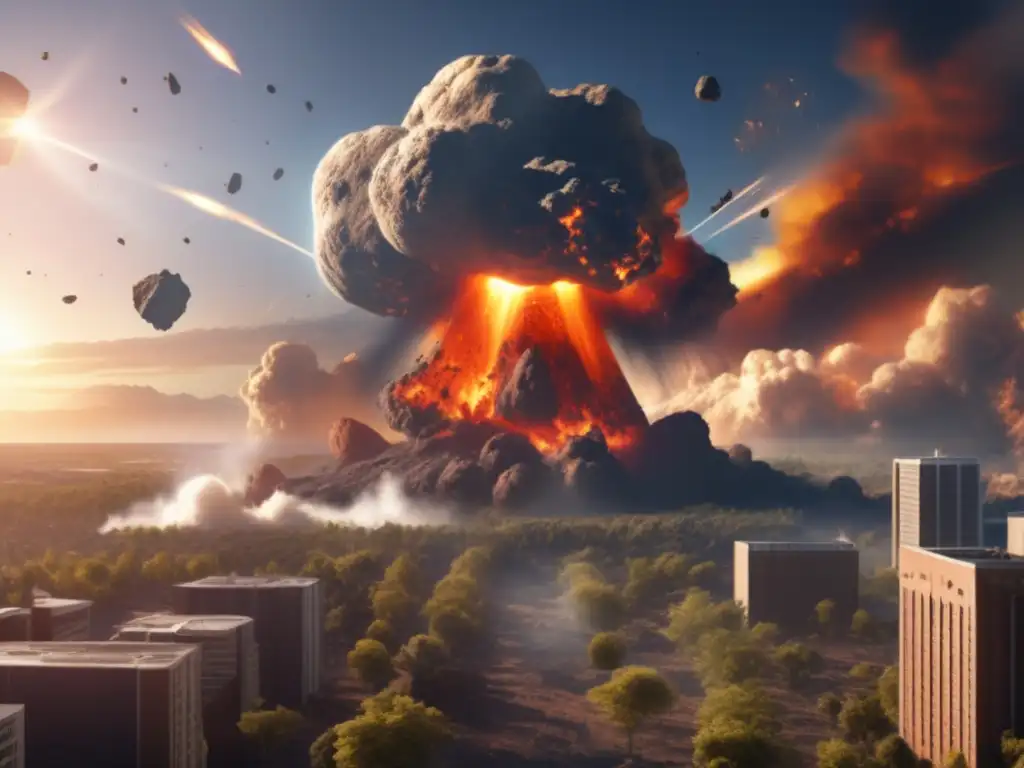
Plot Summary
The 'Doomsday Asteroid' novel portrays a catastrophic scenario where an asteroid, named Kali, is heading towards Earth, and efforts to deflect it fail. The story follows the lives of various characters as they prepare to face the impending doom and try to find a way to save humanity.
Accuracy of Depiction
The novel accurately portrays the potential consequences of an asteroid collision with Earth, such as massive destruction, tsunamis, and a nuclear winter. However, some aspects, such as the timeframe for the asteroid's impact, could be exaggerated for dramatic effect. Additionally, the methods used to deflect the asteroid, such as nuclear explosions, are not scientifically accurate and may cause more harm than good.
Impact of Fiction on Reality
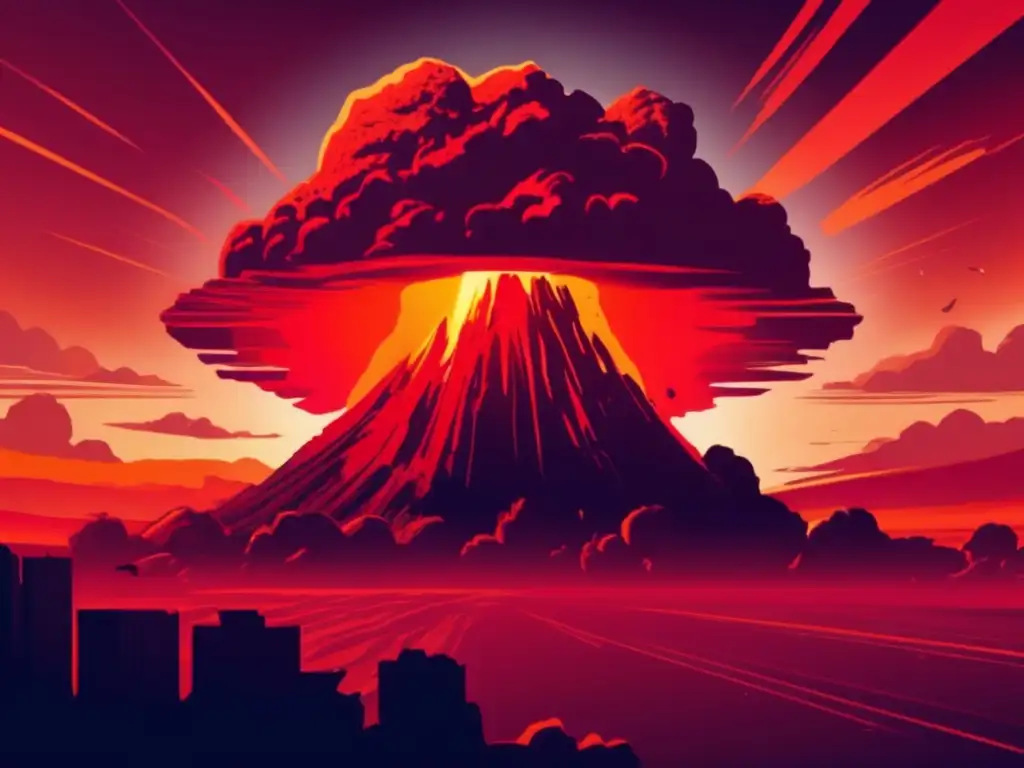
Inspiring Scientific Research
Fictional depictions of asteroids can inspire scientific research and innovation. For example, the concept of using a spacecraft to deflect an asteroid, as depicted in the movie 'Armageddon,' has inspired real-life research into asteroid deflection methods.
Raising Awareness
Fictional portrayals of asteroid collisions with Earth could raise public awareness of the potential threat asteroids pose to humanity. This increased awareness could lead to greater support for efforts to detect and deflect potentially dangerous asteroids.
Frequently Asked Questions
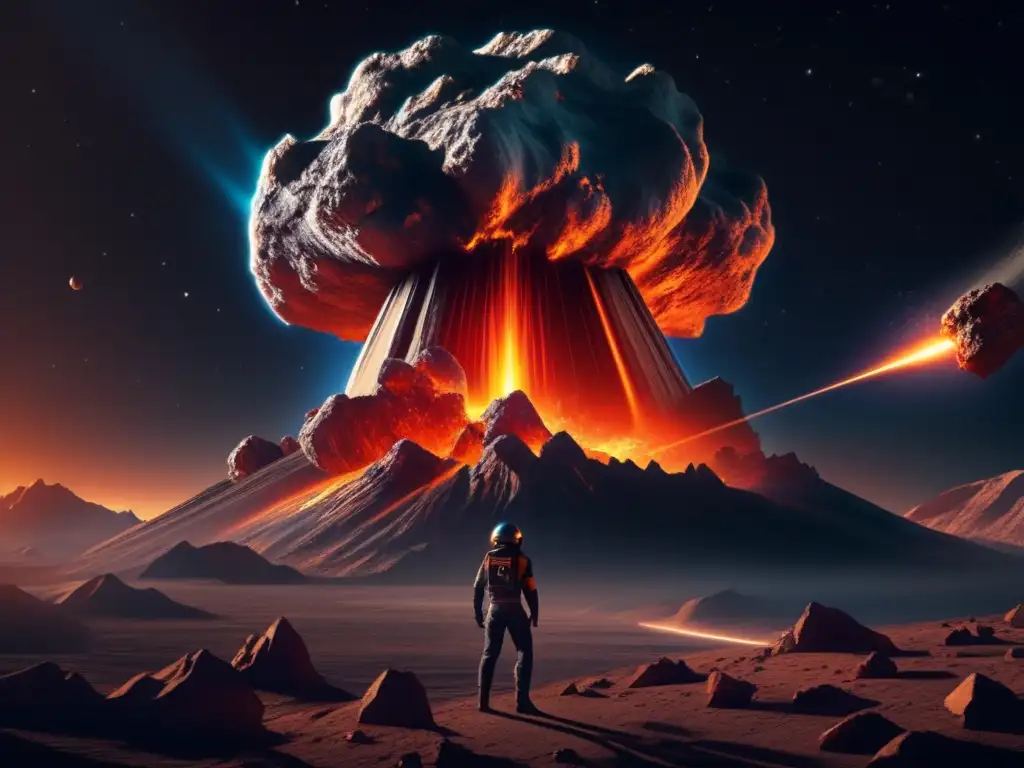
-
Can an asteroid collide with Earth?
Yes, asteroids can collide with Earth. However, the probability of a large asteroid colliding with Earth is relatively low.
-
What happens if an asteroid collides with Earth?
The consequences of an asteroid collision with Earth could be catastrophic, including massive destruction, tsunamis, and a nuclear winter.
-
Can asteroids be deflected?
Yes, asteroids can be deflected using various methods, including impacting the asteroid with a spacecraft or using gravity tractor technology.
-
What is the likelihood of an asteroid impact on Earth?
The probability of a large asteroid colliding with Earth is relatively low, but there are efforts to detect and deflect potentially dangerous asteroids.
-
How are asteroids studied?
Asteroids are studied using various space missions, such as NASA's Dawn and OSIRIS-REx missions. These missions provide detailed information about asteroids' compositions, shapes, and sizes.
Conclusion
The 'Doomsday Asteroid' novel offers a cautionary tale about the potential consequences of an asteroid collision with Earth. While some aspects of the depiction may not be scientifically accurate, it does raise awareness of the potential threat asteroids pose to humanity. Furthermore, the portrayal of asteroid deflection methods could inspire scientific research and innovation.
As we continue to study and learn about asteroids, it is important to remember that these celestial bodies can have a significant impact on our planet and its inhabitants. By continuing to research and develop ways to detect and deflect asteroids, we can work towards mitigating this potential threat.
Additional Resources
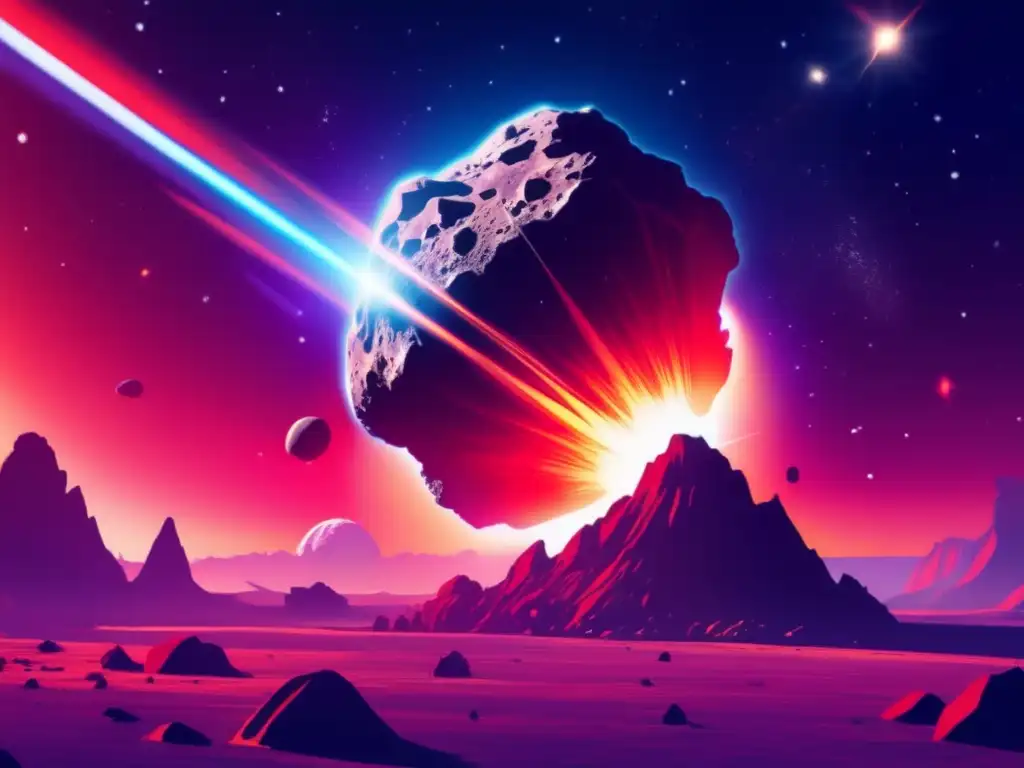
 Asteroids In 'Interstellar': Cinematic Drama And Scientific Reality
Asteroids In 'Interstellar': Cinematic Drama And Scientific Reality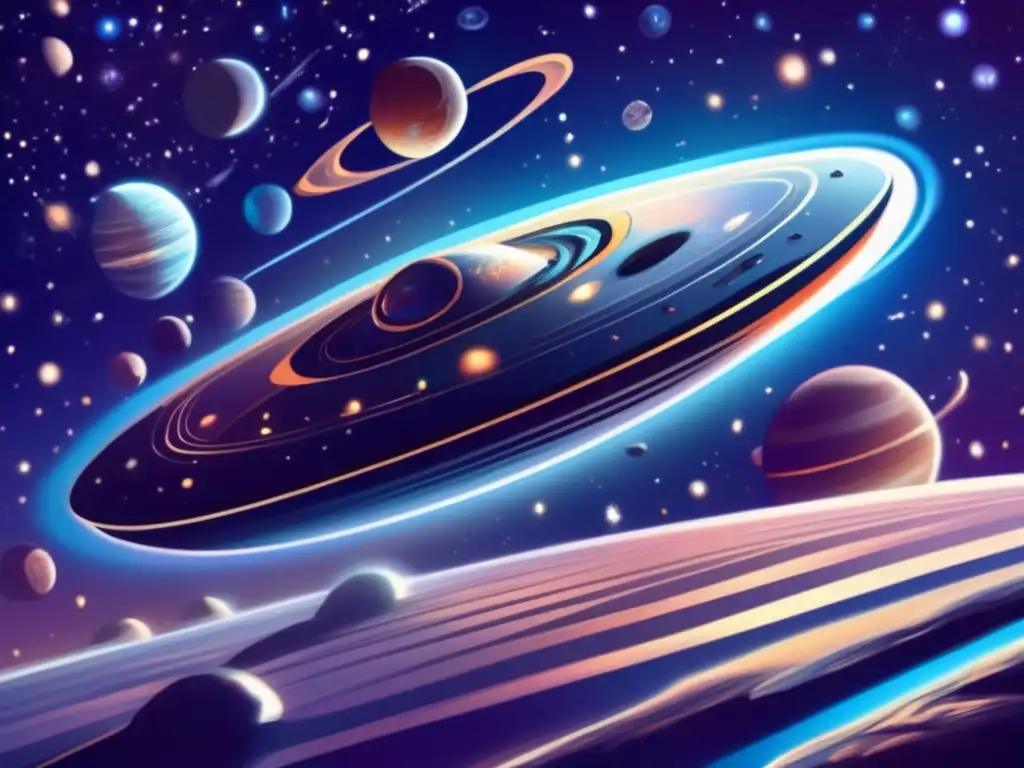 Dissecting 'Asteroid Hunters': The Animated Guide To Near Earth Objects
Dissecting 'Asteroid Hunters': The Animated Guide To Near Earth Objects The Asteroid Menace In 'The Day The Sky Exploded': A Movie Review
The Asteroid Menace In 'The Day The Sky Exploded': A Movie ReviewIf you want to discover more articles similar to In The Shadow Of The 'Doomsday Asteroid': An Analysis Of The Novel, you can visit the Asteroids in Fiction category.
Leave a Reply

Articulos relacionados: